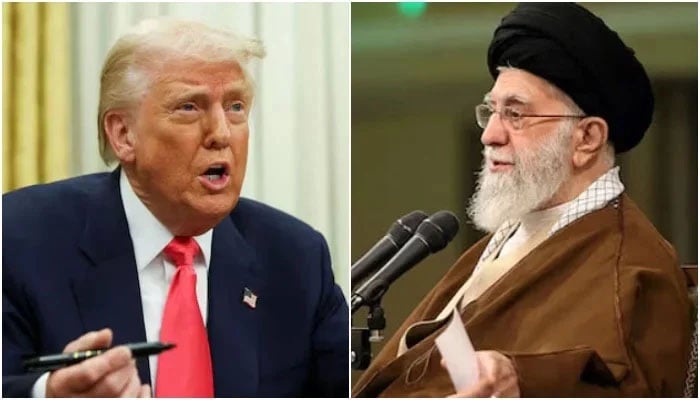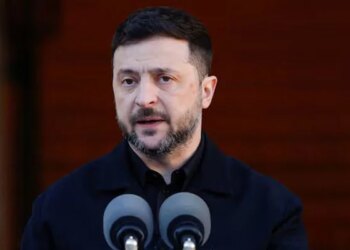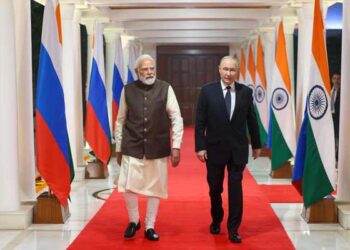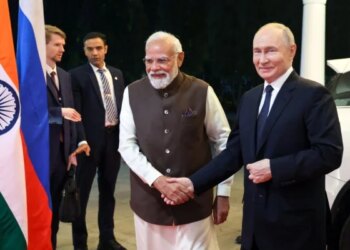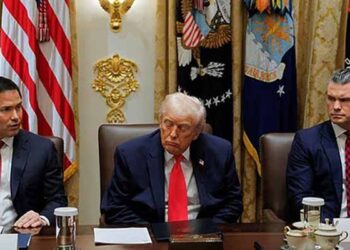Select Language:
Iran issued a warning on Wednesday, indicating it could target U.S. military bases in the region if tensions escalate. Concurrently, President Donald Trump expressed reduced optimism about the prospects of a nuclear agreement.
Tehran and Washington have engaged in five rounds of discussions since April aimed at reaching a new nuclear deal to replace the 2015 agreement that Trump scrapped during his first term in 2018. Since beginning his second term in January, Trump has reinstated his "maximum pressure" strategy against Tehran, advocating for nuclear negotiations while cautioning of potential military action if they don’t succeed.
Iran’s Defense Minister, Aziz Nasirzadeh, stated, “All U.S. bases in the region are within our capabilities. We can reach them, and without hesitation, we will strike at all of them in host nations," responding to U.S. threats of military intervention should the negotiations falter. He added that he hopes the situation won’t escalate to that point and warned that the U.S. would incur more losses if conflict arises.
The U.S. maintains several military bases in the Middle East, with the largest one located in Qatar. Recently, Iran and the U.S. have been in a diplomatic deadlock over uranium enrichment, with Tehran asserting its right to do so as "non-negotiable," while Washington labels it a "red line."
Previously, Trump had been cautiously optimistic about reaching a deal, claiming during a trip to the Gulf last month that the U.S. was "getting close" to an agreement. However, in a recent interview, he admitted he felt "less confident" about the possibility of an agreement, especially when questioned about preventing Tehran from continuing uranium enrichment.
Currently, Iran is enriching uranium to 60%, significantly above the 3.67% cap set by the 2015 deal and approaching, although not quite reaching, the 90% threshold necessary for a nuclear weapon. Western nations, including the U.S. and Israel, have long accused Iran of aiming to develop nuclear weapons, although Tehran insists its nuclear agenda is strictly for peaceful purposes.
Last week, Iran’s Supreme Leader, Ayatollah Ali Khamenei, declared that uranium enrichment is "central" to Iran’s nuclear initiatives, asserting that Washington has no authority over the matter. In the same podcast interview with the New York Post, recorded on Monday, Trump voiced his diminishing hope that a deal could be achieved.
"I don’t know. I used to think so, but I’m becoming increasingly skeptical. It seems like they’re dragging their feet, which is unfortunate. I feel less confident now than I did a couple of months ago," he indicated. "Something seems to have changed on their end, making me question whether they truly want to strike a deal. There’s nothing definitive."
Trump reiterated the U.S. would not allow Iran to gain nuclear armament, stating, "It would be preferable to resolve this without military confrontation and without loss of life."
On May 31, following the fifth round of negotiations, Iran acknowledged receiving elements of a U.S. proposal regarding the nuclear deal, and later, Araghchi noted that the text included "ambiguities.” Iran has indicated it will offer a counter-proposal to the latest draft from the U.S., which it criticized for not providing sufficient sanction relief—an essential request, as the nation has been grappling with these restrictions for years.
On Monday, the United Nations’ nuclear watchdog began a Board of Governors meeting in Vienna, set to run until Friday, to address Iran’s nuclear activities and various other matters. The International Atomic Energy Agency (IAEA) meeting followed a recently released report criticizing Iran for its "less than satisfactory" cooperation, particularly in disclosing past instances of nuclear material discovered at unreported sites. In response, Iran condemned the IAEA report as biased, claiming it relied on "forged documents" provided by its principal adversary, Israel.

